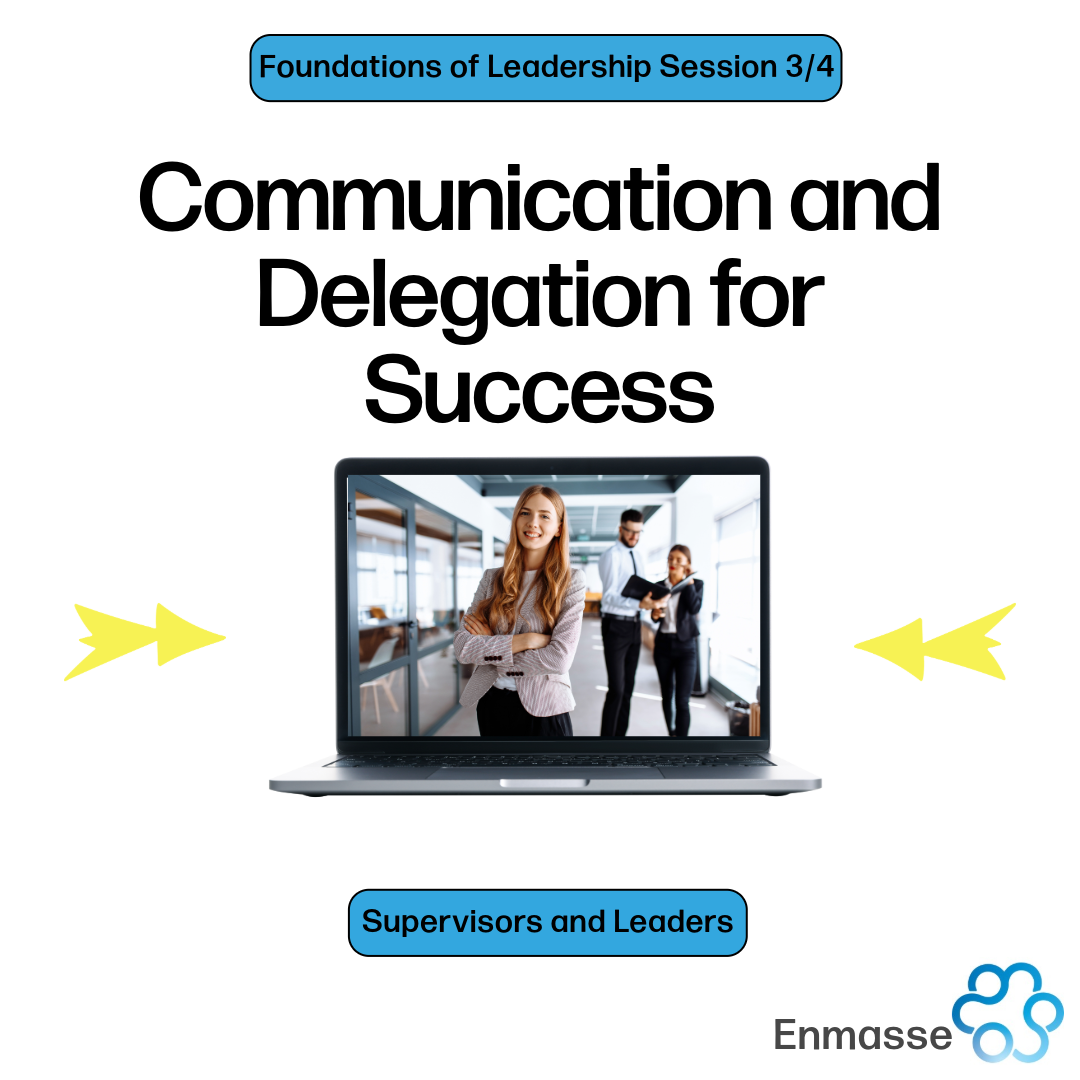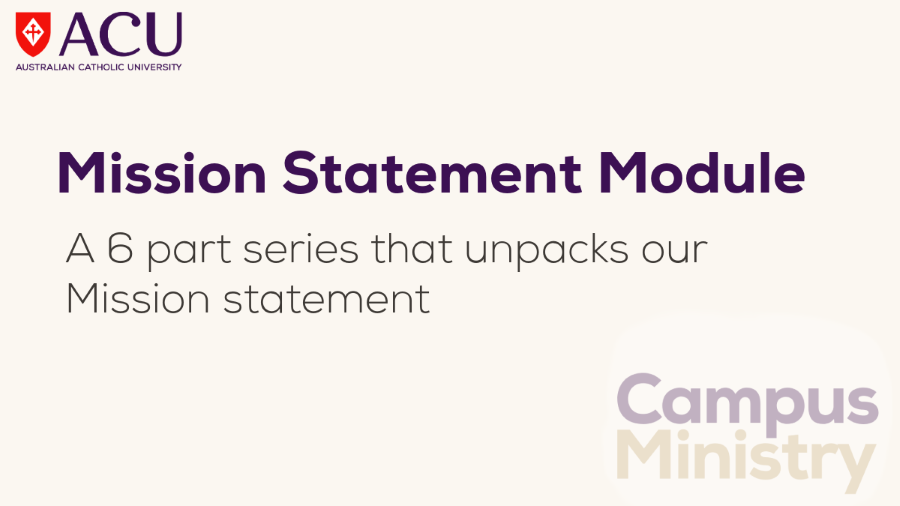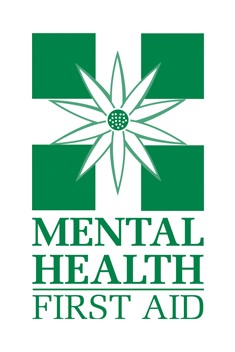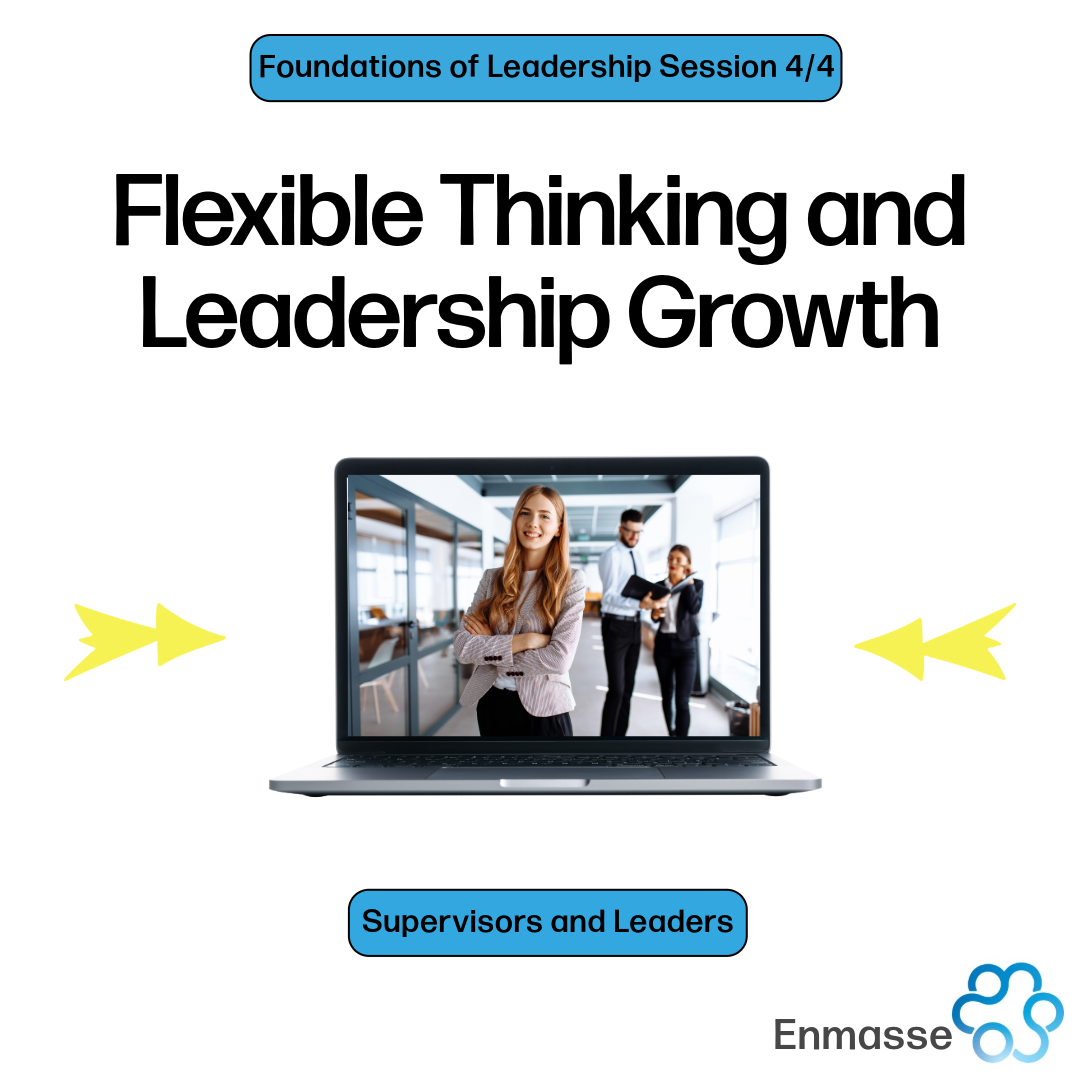About the Session
As the concept of psychological safety has become popularised, some of the key elements risk being overlooked. Some inaccurately portray psychologically safe cultures as soft on performance, with low standards, consensus decision making and niceness at all costs leading to risks being ignored. This challenges how we think about failure. We are often torn between two failure cultures - an “avoid failure at all costs” culture where mistakes are career ending, and a “fail fast/fail forward” culture where mistakes are celebrated. Instead, we should focus on how we fail well - differentiating between when it’s safe to fail and how we avoid mistakes when they can lead to catastrophic outcomes.
In this 90 minute workshop, Andrew Beveridge explores the origins of psychological safety in hospitals, the implications for failure and belonging, and how it applies in your work today. We will discuss why the context of our work matters, three different types of failure, and the relationship between psychological safety and standards.
Learning Outcomes:
- Understand the origins and application of psychological safety
- Differentiate between types of failure and their implications
- Balance psychological safety and performance standards
Who is this session for?
Supervisors/Leaders
Facilitator(s)
External Provider - Leadership Today
Date
19 March 2025
Time - please note daylight savings
9:30am to 11am (QLD)
10:30am to 12 noon (NSW/ACT/VIC)
Delivery Mode
Virtual via Webinar
These workshops are available to all staff. They are not mandatory for casual staff.
Casual staff must obtain prior approval from their supervisor or manager to attend the training. For casual Academic staff such approval is required from the National Head of School or nominated supervisor (consistent with point 23. of the Employment of Sessional Academic Staff Policy)
The Faculty or Unit is responsible for paying the casual staff member for the time while they attend any non-mandatory professional development.
Register Now
Click here
If you have any enquiries, please log a Service Central request.










